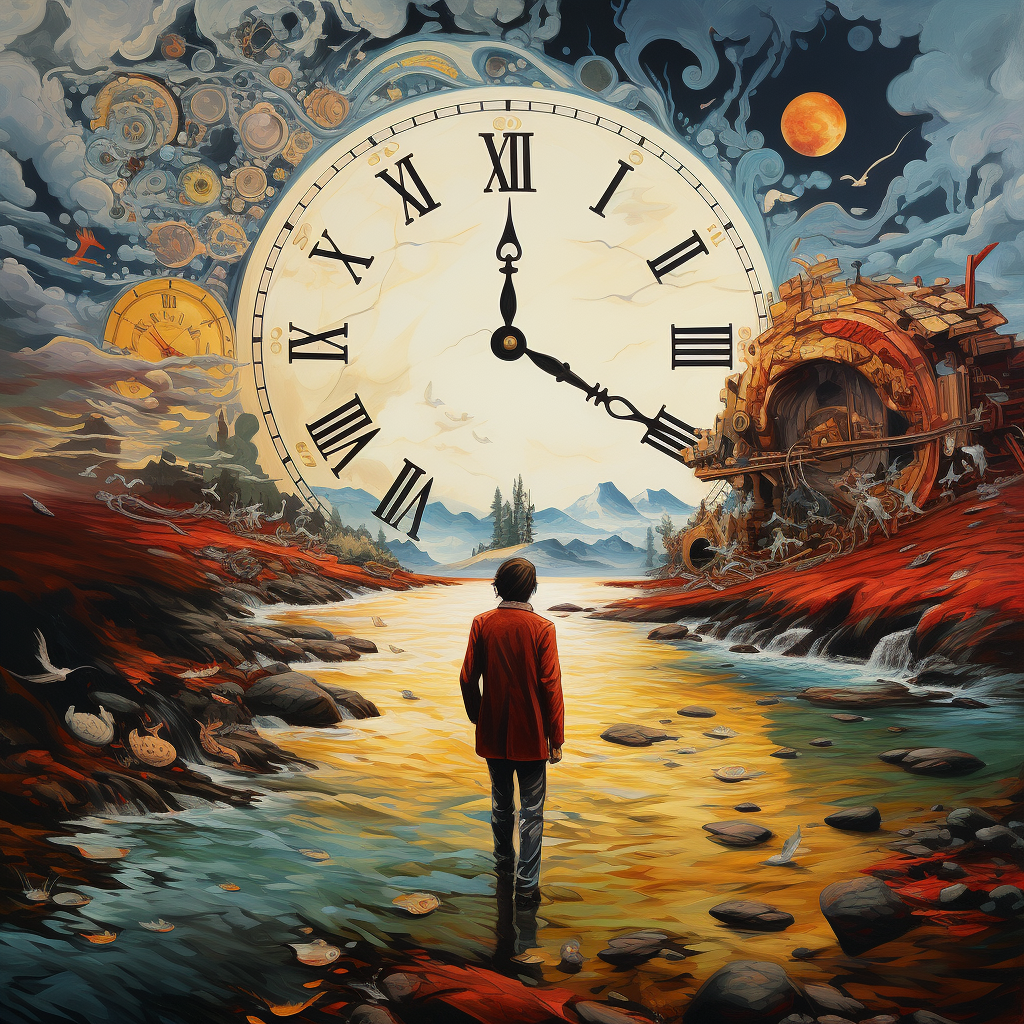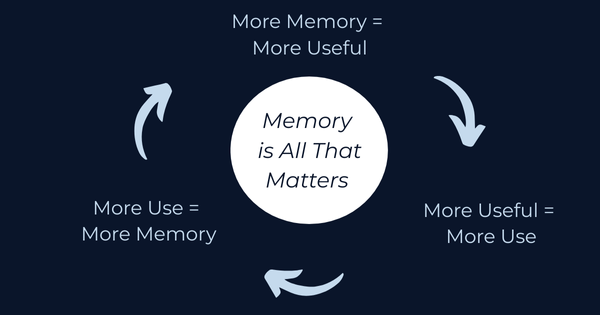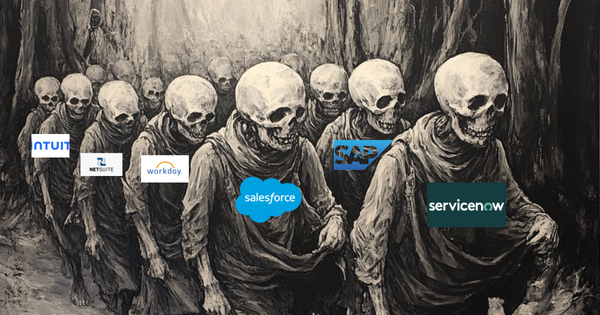AI - It's Different This Time

Technological revolutions follow a similar pattern.
A new technology brings massive hype.
Initially, it fails to meet expectations.
People are left disappointed. Speculative bubbles pop.
From railroads to the internet, technological revolutions are over estimated in the short term, and underestimated in the long term.
It’s never “different this time”.
But AI is different.
Here’s why:
1. No Friction
Past tech revolutions had friction:
- PC revolution: Buy and learn a computer.
- Internet revolution: Sign up for AOL, wait for CD in mail, learn what website is.
- Crypto revolution: Learn complicated digital wallets and lingo.
AI has no friction.
Just open a chat window and start using powerful existing capabilities.
And do it on the same computer you already own.
For free.
2. Real Users & Revenue
Early Internet and crypto companies raised massive capital on the “promise” of future users and revenues.
New AI tools already have users. Lots of them.
And many are paying.
3. Obvious use cases
New technological paradigms are usually met with skepticism:
“I think there is a worldwide market of maybe 5 computers”.
- IBM CEO Tom Watson 1943
“The internet’s impact on the economy will be no greater than the fax machine”
- Famous economist Paul Krugman 1998
This time the use cases are obvious to everyone.
People aren't debating wether or not AI will revolutionize our lives.
We're only debating how soon.
4. Incumbent's Out Front
Startups normally lead technological revolutions.
Early use cases are limited.
Early adopters won’t move the needle for large incumbents.
This time the use cases are unlimited.
The market is everyone on earth.
Microsoft, Google, Facebook and other large incumbents are all in.
AI is an accelerant for their businesses, not a disrupter.
They already have the tech and data to drive value for their existing customers.
And they’re already succeeding.
*OpenAI is a startup. But they were founded 9 years ago, and are basically a division of Microsoft.
5. AI has a long history.
Work on AI first started in the 1950s.
The transformer breakthroughs that lead to intelligent chatbots happened 7 years ago.
Chat tools like ChatGPT aren't early AI experiments.
They're the killer app technologists have been building towards for 70 years.
What’s not different this time.
Past tech revolutions have seen new ideas raise laughable amounts of capital.
This time investors were seeming more cautious.
They’ve recently been burned by crypto, and a recession in software businesses.
I thought this would temper irrational exuberance.
Then I saw the following headline:
Sam Altman seeks to raise 7 TRILLION dollars to build AI chip plants.
I guess some things never change.
Thanks for reading.
Dave





